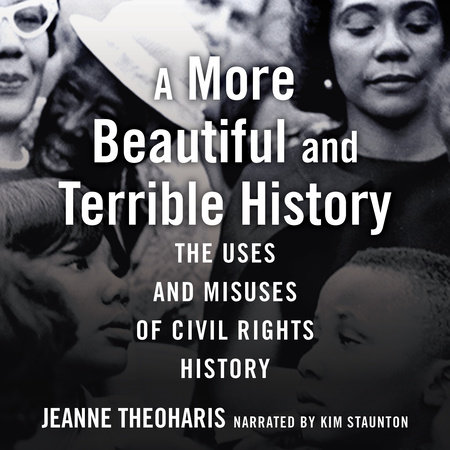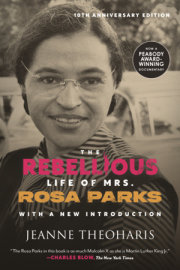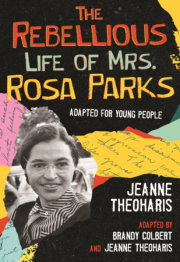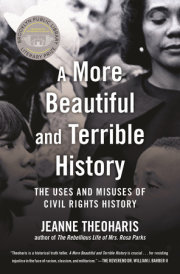PREFACE
A Dream Diluted and Distorted
THE HISTORIES WE GET
INTRODUCTION
The Political Uses and Misuses of Civil Rights History and Memorialization in the Present
THE HISTORIES WE NEED
CHAPTER ONE
The Long Movement Outside the South: Fighting for School Desegregation in the “Liberal” North
CHAPTER TWO
Revisiting the Uprisings of the 1960s and the Long History of Injustice and Struggle That Preceded Them
CHAPTER THREE
Beyond the Redneck: Polite Racism and the “White Moderate”
CHAPTER FOUR
The Media Was Often an Obstacle to the Struggle for Racial Justice
CHAPTER FIVE
Beyond a Bus Seat: The Movement Pressed for Desegregation, Criminal Justice, Economic Justice, and Global Justice
CHAPTER SIX
The Great Man View of History, Part I: Where Are the Young People?
CHAPTER SEVEN
The Great Man View of History, Part II: Where Are the Women?
CHAPTER EIGHT
Extremists, Troublemakers, and National Security Threats: The Public Demonization of Rebels, the Toll It Took, and Government Repression of the Movement
CHAPTER NINE
Learning to Play on Locked Pianos: The Movement Was Persevering, Organized, Disruptive, and Disparaged, and Other Lessons from the Montgomery Bus Boycott
AFTERWORD
A History for a Better World
Acknowledgments
Notes
Index






